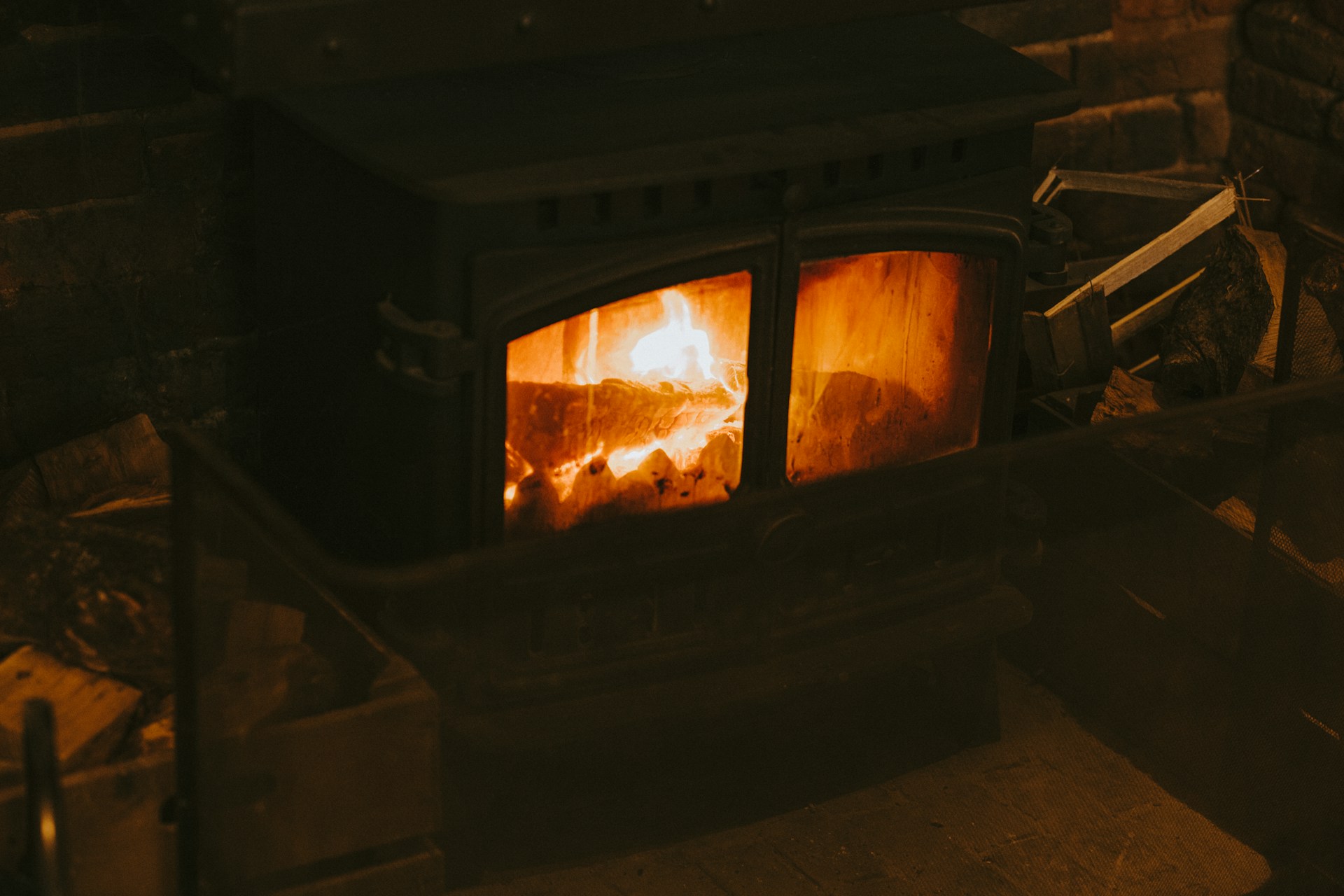
Why Your Furnace Tune-Up Protects More Than Just Your Heat
When the temperature drops, the furnace becomes one of the most important parts of your home, keeping you warm and comfortable. While you may only think of it as a heat source, your furnace needs attention to do its job effectively and safely. Regular furnace tune-ups are not just about ensuring heat in your home. They help improve energy efficiency, reduce repair costs, extend the life of your system, and most importantly, protect the safety of your home and family.
Why Furnace Tune-Ups Matter
Furnaces, like all home appliances, experience wear and tear over time. Without proper maintenance, the system can become less efficient, which can cause it to work harder and use more energy to heat your home. During a furnace tune-up, technicians clean the various components, such as the burners and coils, and inspect parts for any signs of damage. These checks ensure that everything is functioning as it should, preventing inefficiency and saving you money on your utility bills.
The real benefit of regular furnace maintenance is that it helps extend the lifespan of your system. A furnace that receives consistent care is likely to last longer than one that is neglected. Without tune-ups, your furnace could break down sooner than expected, leading to costly replacements. By catching issues early—such as a worn-out part or a buildup of dirt, maintenance allows your furnace to run smoothly and efficiently for years, protecting your investment in the long run.

Safety and Air Quality
One of the most important reasons for scheduling a furnace tune-up is safety. Furnaces that are not regularly cleaned or maintained pose several risks. First, a furnace that is dirty can be a fire hazard. Dust and debris that accumulate in the system can cause it to overheat, potentially leading to a fire. During a tune-up, a professional technician will clean the system and check the wiring, filters, and components to ensure they are working safely. This cleaning process not only reduces the chance of a fire but also improves your furnace's efficiency by allowing it to run at full capacity.
Another safety concern related to furnace maintenance is carbon monoxide, a colorless, odorless gas that is produced when fossil fuels like natural gas are burned. Carbon monoxide can be deadly if it builds up in your home. Over time, cracks and holes can develop in the furnace’s heat exchanger, which can allow this dangerous gas to leak into your home. Regular furnace maintenance includes checking for leaks and inspecting the heat exchanger for damage. Catching these issues early on prevents the danger of carbon monoxide poisoning, keeping you and your family safe.
Signs Your Furnace Needs a Tune-Up
Sometimes, your furnace will give you clues that it's struggling and needs professional attention. Don't ignore these warning signs—they can indicate a bigger problem that a tune-up can address before it becomes a major repair.
- Strange Noises: Your furnace should operate with a low hum. If you hear new sounds like grinding, squealing, or rattling, it could mean a component is loose, worn out, or about to fail.
- Weak Airflow: If the air coming from your vents feels weak, it could be a sign of a clogged filter, a problem with the fan, or an issue with the blower.
- Higher Energy Bills: A sudden increase in your heating costs without a change in usage is a big red flag. An inefficient furnace has to work harder to heat your home, which uses more energy and drives up your bills.
- Yellow Pilot Light: A furnace's pilot light should be a steady blue flame. A yellow or flickering flame can indicate a problem with the fuel mixture, which could be a sign of a dangerous carbon monoxide issue. This is a sign you should never ignore.
- Short Cycling: If your furnace turns on and off frequently, it's "short cycling." This means it's not completing a full heating cycle, which can be due to a clogged filter, a faulty thermostat, or an overheating issue.
Paying attention to these signs and scheduling a tune-up as soon as you notice them can help prevent a complete system breakdown and keep your home safe and warm.
What Homeowners Can Do To Maintain Their Furnace
Regular maintenance is important, but not every task requires a technician. Here are some simple things you can do yourself.
- Change or clean the air filter – This is one of the easiest and most important steps. A clean filter improves airflow, keeps the furnace efficient, and reduces strain on the system.
- Keep vents and registers clear – Make sure furniture or rugs are not blocking airflow.
- Check the thermostat – Replace batteries if needed and ensure the settings are accurate.
- Keep the area around the furnace clean – Remove dust, boxes, or flammable items to prevent hazards.
Start Your Quote Today
Our licensed specialist will search for the best insurance quotes and will email you when ready.



